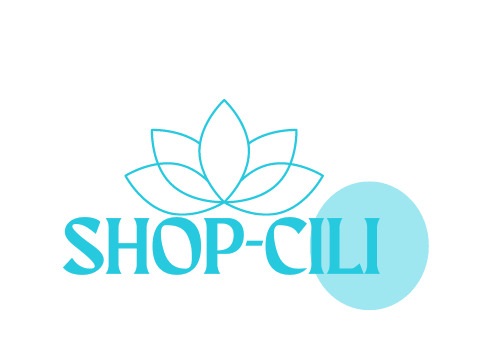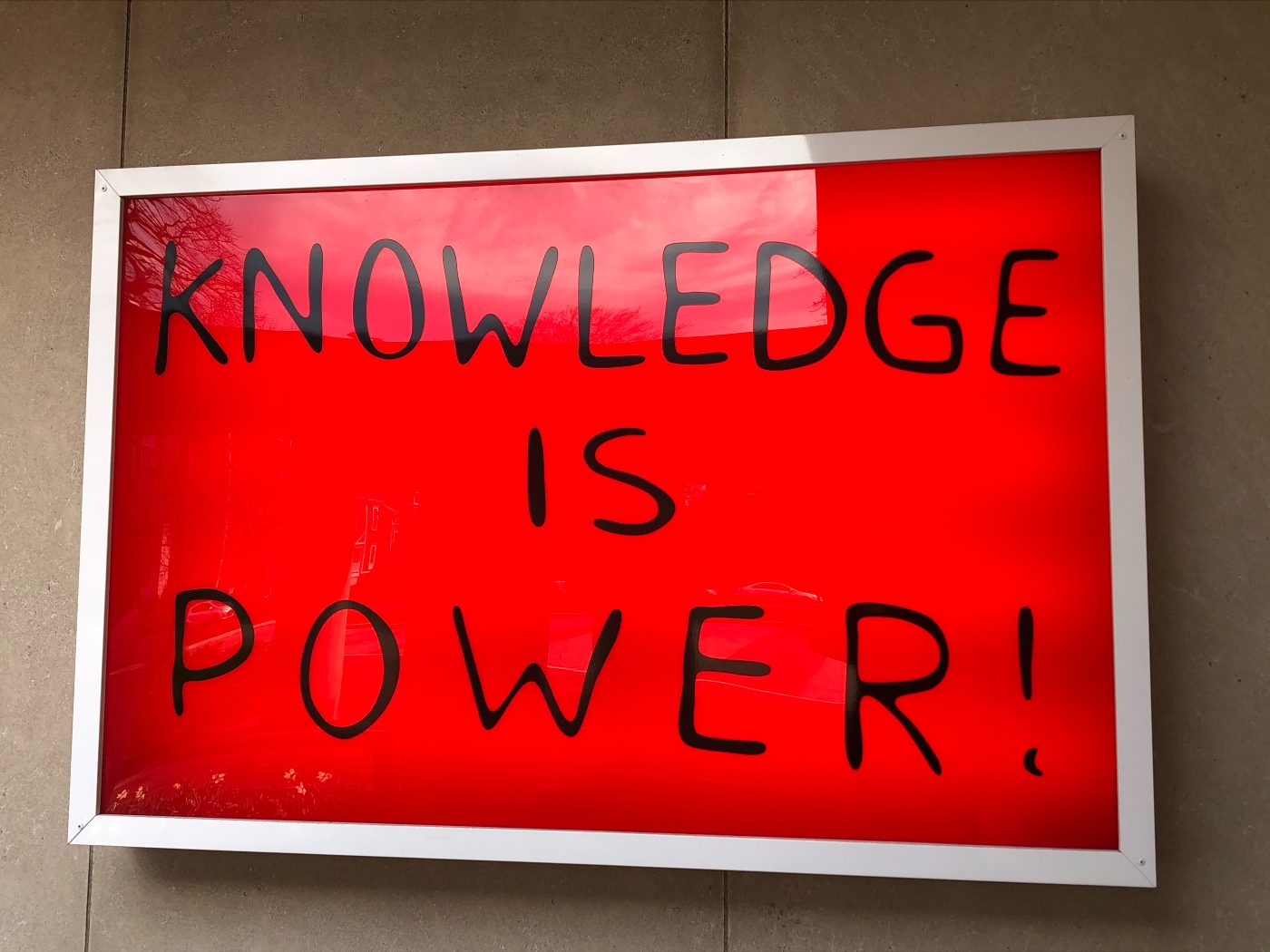As we approach the 2024 election, it’s crucial to recognize a fundamental truth about our identity as Americans: any discussion about “American” nationalism must begin with the story of human migration—a narrative that traces back to Africa, the cradle of humanity. This is a shared genesis story that transcends religion, politics, culture and current affairs. At the core, we’re all from Africa; this is an irrefutable fact.
From Africa, humanity dispersed in various directions. Scholars believe that early populations arrived in South America via the Bering Land Bridge, or from Polynesia by crossing the Pacific Ocean. In his seminal work Guns, Germs and Steel, Jared Diamond noted,
Yes, world history is indeed such an onion! But that peeling back of the onion’s layers is fascinating, challenging—and of overwhelming importance to us today, as we seek to grasp our past’s lessons for our future.
As we navigate the complexities of today’s political landscape, it’s essential to reflect on these lessons.
Nationalism: A complicated concept
The notion of “American” is far more intricate and challenging than a singular identity rooted solely in the United States. Historical estimates suggest that 10 to 90 million Native Americans inhabited the continent before European colonization. This diversity of experience complicates the idea of nationalism and illustrates that elevating one type of “American” above the others reflects a narrow and ethnocentric view.
Consider the cultural elements that Americans often take pride in. For example, baseball, widely regarded as America’s pastime, has origins in England; it wouldn’t exist without earlier games like cricket and rounders, which date back to at least the 16th century. Basketball, too, which is often hailed as uniquely American, was actually developed by a Canadian: James Naismith, who was inspired by Gaelic football.
Politically, our system of governance has roots in ancient Greece, with philosophers like Aristotle shaping ideas of democracy and individual liberty long before the United States was conceived. The very concept of human rights has origins that predate our nation by millennia, stemming from ancient traditions and ethical frameworks that inform our legal systems today.
Technological advancements that are often credited solely to American ingenuity also have global origins. The foundations of radio waves were laid by Scottish physicist James Clerk Maxwell, and the internet owes its conceptual framework to countless innovators worldwide. Even our culinary staples—pizza, hot dogs and beer—reflect a rich tapestry of international influences, reminding us that American culture is a blend of contributions from all corners of the globe.
The world is stronger together
As we reflect on these truths, it’s important to address the current U.S. political climate. In this election cycle, discussions surrounding immigration have become increasingly polarized, with some candidates advocating for restrictive policies that undermine the very ideals that the Statue of Liberty represents.
Less than half an hour into a recent presidential debate, former president Donald Trump made a shocking claim, invoking a century-old slur against immigrant communities by suggesting that Haitian immigrants in Ohio were “eating the dogs” and “the pets of the people that live there.” This baseless statement sparked outrage, highlighting the dangerous narratives that can fuel xenophobia and division in our society.
As voters, we must recognize that our national identity is forged in the crucible of diversity and inclusivity. The United States can’t claim a singular cultural or technological invention; instead, we’re a unique amalgamation of global influences. Our identity is rooted in the contributions of those we often forget—migrants and immigrants who have enriched our society, economy and culture.
To claim that the United States is superior to other cultures and civilizations is not only historically inaccurate but fundamentally misguided. Our existence is a testament to the interplay of diverse histories, philosophies and advancements from around the world. As we head into the November election, it’s essential that we embrace this complexity and advocate for policies that reflect our shared values of liberty, opportunity and inclusivity.
Let’s remember that the United States isn’t merely part of the world; it’s a product of it. This election presents an opportunity to reaffirm our commitment to internationalism and the belief that we’re stronger together. In a time when many seek to draw lines between “us” and “them,” let’s strive to build bridges and recognize that there is only a United States of the World.
«RELATED READ» AMERICAN DEMOCRACY: Reflections on Trump, Harris and the DNC»
image: George Payne

